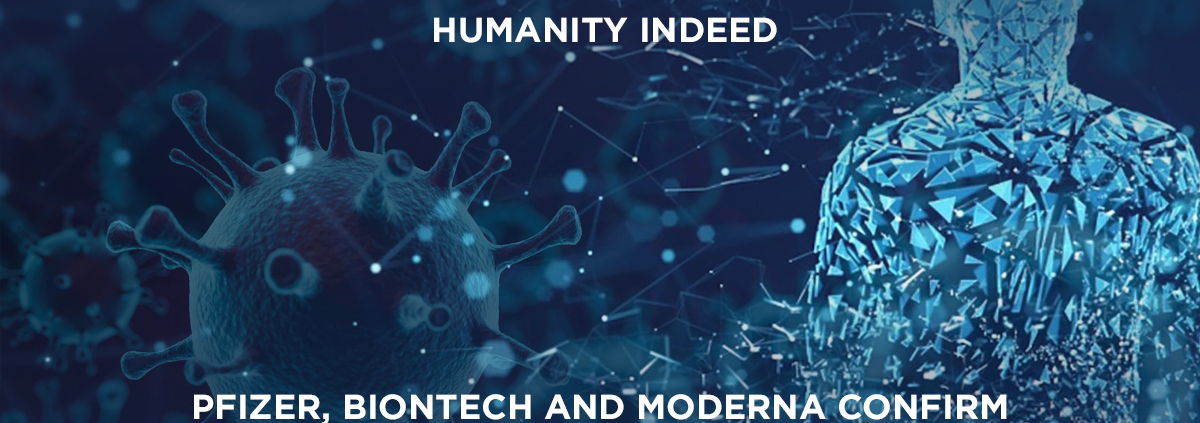The Covid-19 pandemic is probably the most disruptive global event that any of us has experienced. Virtually overnight, the world we have built for ourselves came to a complete standstill. From ordinary social interactions to global trade, the whole mechanism of human civilization was suddenly called into question. From the very outset of the crisis, we turned to technology, whether it was to slow down the early spread of the virus, protect ourselves as individuals, or adapting our infrastructure, to deal with the threat.
The longer term response, of course, was focused on developing an effective vaccine against Covid-19. Frankly, while I was optimistic, I was waiting with finger crossed on how long it would take to bring such a medicine to market. Vaccine development is a notoriously laborious process, and being able to develop one within just a few months, has never been possible before. Nevertheless, labs around the world persisted, on a war footing. Finally, after months of 24/7 R&D, several varieties of a Covid-19 vaccine are entering the final phase of testing. Fortunately for us all, the results of the trials are producing extremely promising results.
Positive news from around the world
On November the 18th, Pfizer and BioNTech announced the conclusion of the phase 3 study of their Covid-19 vaccine candidate, which according to them had ‘met all primary efficacy endpoints’. To get a better understanding of just how dramatic this development was, let me share a few of the results. The vaccine was found to be 95% effective against Covid-19 beginning 28 days after the first dose. The process involved observing 170 confirmed Covid-19 cases, of which 8 were administered the vaccine, while 162 got the placebo. Perhaps the most satisfying part of the result was that, the vaccine’s efficacy was consistent across age, gender, race and ethnicity demographics. In addition, the no serious safety concerns observed, apart from 2% of subjects experiencing a headache and 3.8% feeling some fatigue. 50 million doses will be available by the end of 2020 and up to 1.3 billion doses by the end of 2021.
Apart from this highly promising study, there are a lot of other labs that have either developed, or are close to, an effective Covid-19 vaccine. US based Moderna Inc has also reported 94.5% efficacy in its latest trials, and has already applied for authorization for emergency plans. Although the much anticipated Oxford-AstraZeneca vaccine has run into some concerns, because of manufacturing errors, a new global test is already underway. Meanwhile the Russian developed Sputnik V vaccine has shown 91.4% efficacy, in a second interim analysis of clinical trial data. Incidentally, leading Indian generic pharmaceutical producer Hetero will produce over 100 million doses of Sputnik V, which will be available at $10 a shot. India’s indigenous ‘Covaxin’ has achieved 60% efficacy in the latest tests and is on course to enhance that figure over the coming months.
An unprecedented achievement
What none of the above mentioned details quite captures is just how unprecedented these developments are, simply in terms of a technological achievement. Typically, even two or three years was considered fairly quick, in terms of a turnaround time for the development of a vaccine. Recent developments in pharmaceutical testing have certainly contributed to the success of these rapid vaccine programs, but the main reason for this success are the untiring efforts of scientists from all around the world.
As someone who has always been fascinated by technology, these global efforts, to secure the health and wellness of humanity, have been particularly inspiring. I salute the countless researchers, who will mostly remain unknown and faceless, for their contribution to ensuring that the rest of us can thrive again.



